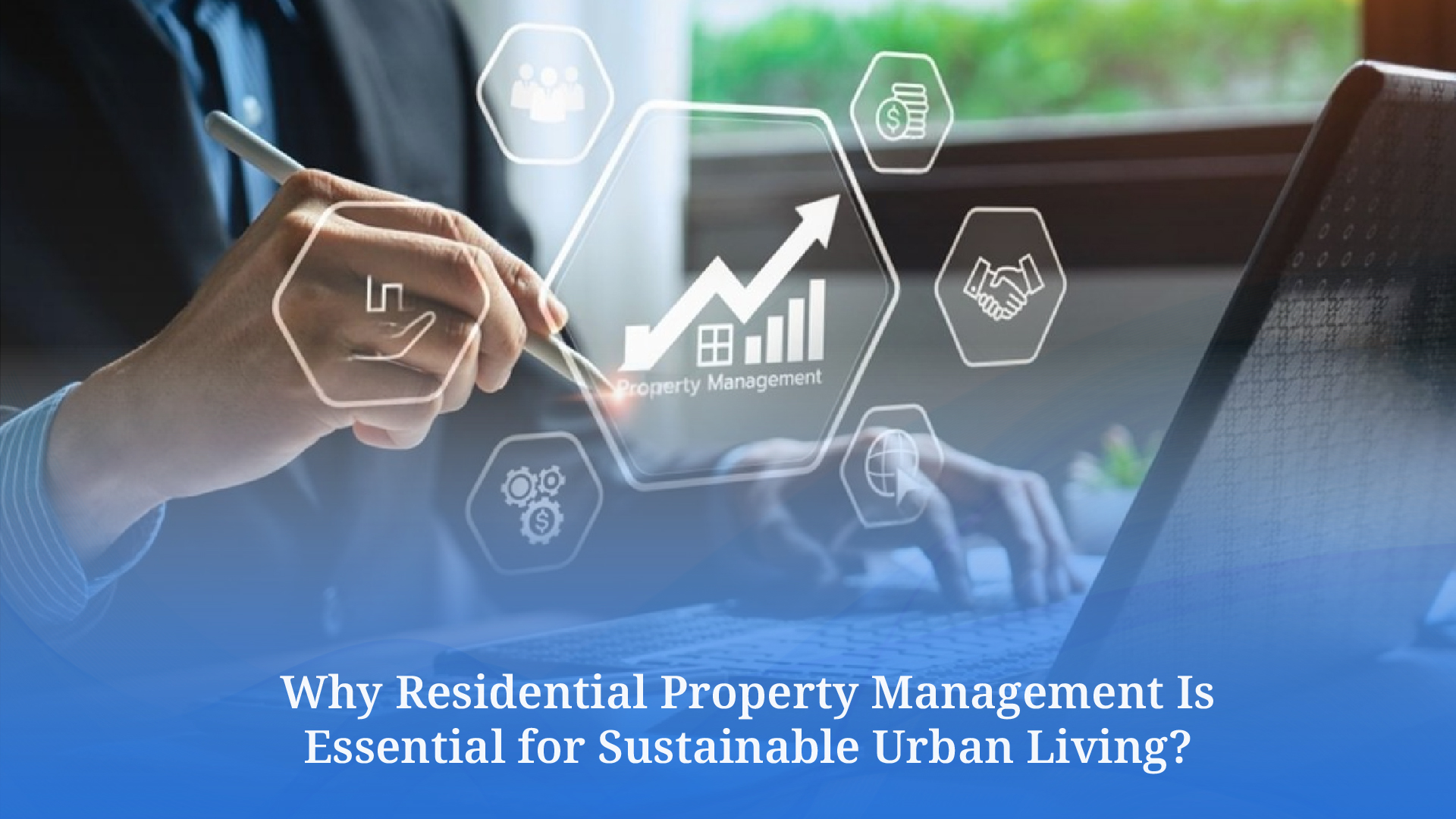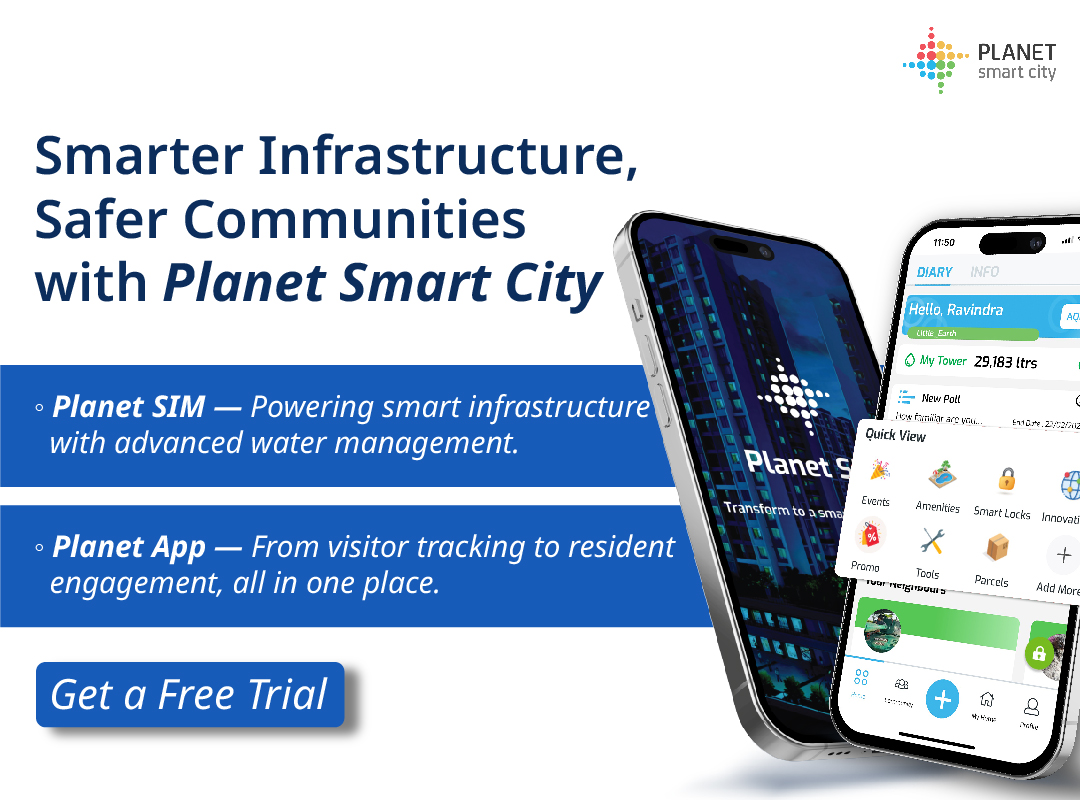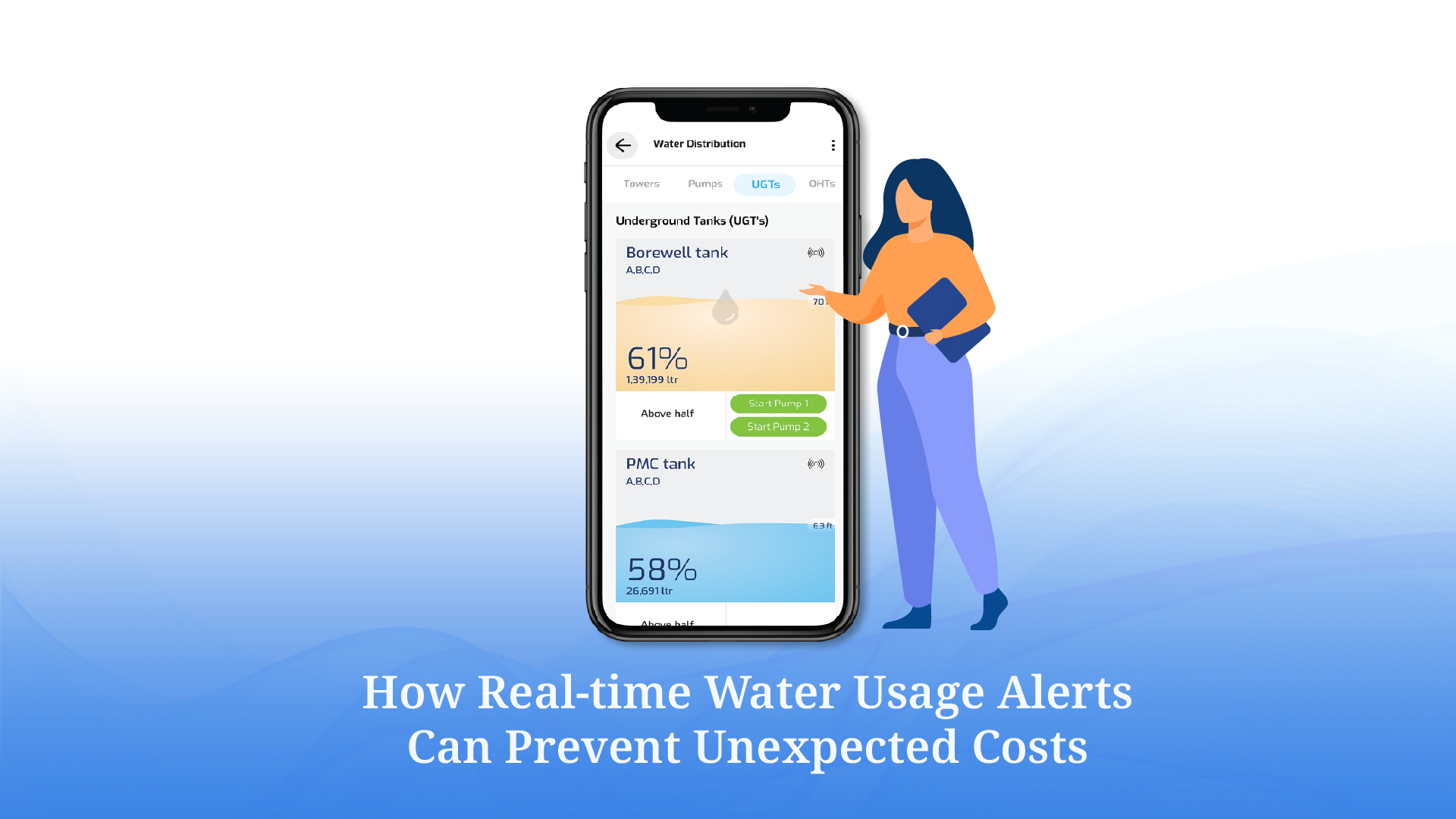Why Residential Property Management Is Essential for Sustainable Urban Living?

As cities expand and housing demand rises, ensuring that residential properties remain functional, secure, and well-maintained is crucial for fostering sustainable urban living. This is where residential property management plays a pivotal role. Without it, housing developments risk falling into disrepair, leading to dissatisfaction among residents and long-term sustainability challenges.
In this guide, we’ll explore what the concept entails, its key responsibilities, and the common challenges property managers face. We’ll also highlight how innovative solutions are transforming the way residential properties are managed.
What Is Residential Property Management & Why Does It Matter?
Residential property management refers to the professional oversight of housing properties, ensuring they are well-maintained, financially stable, and compliant with legal regulations. Effective residential property management is essential for several reasons:
- Regular upkeep prevents structural deterioration and enhances the longevity of residential properties.
- Well-managed properties offer better amenities, security, and seamless services, leading to happier residents.
- Efficient budget management, contingency reserves, and timely rent or service charge collection ensure financial sustainability.
- Property managers handle legal requirements, ensuring compliance with housing laws, safety codes, lease agreements, and local regulations such as the Real Estate Regulatory Authority (RERA) guidelines in India.
- Through smart planning, waste management, and energy-efficient solutions, property management contributes to sustainable urban environments.


Residential Property Manager Responsibilities
A well-structured and efficiently managed residential property depends on the expertise of a property manager. Their role encompasses a broad spectrum of essential tasks, from overseeing daily operations to managing financial and legal matters. Key functions include:
- Handling tenant inquiries, addressing concerns, and ensuring a positive living experience.
- Coordinating repairs, scheduling routine inspections, and ensuring property upkeep.
- Budgeting, collecting rent or service charges, managing expenses, and maintaining reserve funds for emergency repairs.
- Adhering to housing laws, lease agreements, RERA compliance, and safety regulations to protect both property owners and residents.
- Implementing safety measures, managing access control, and responding to emergencies effectively.
- Liaising with service providers, negotiating contracts, and ensuring quality service delivery.
- Leveraging digital tools to streamline operations, enhance efficiency, and improve resident satisfaction.
Difference Between Residential Property Management & Commercial Property Management
While both residential and commercial property management involve overseeing properties, collecting rental dues, and ensuring maintenance, they cater to vastly different property types and clientele. The core distinction lies in the purpose of the properties they manage — residential property management focuses on housing communities, whereas commercial property management deals with business spaces.
| Aspect | Residential Property Management | Commercial Property Management |
| Type of Properties Managed | Apartments, rental homes, condominiums, townhouses, gated communities. | Office buildings, retail spaces, warehouses, industrial properties. |
| Clientele & Tenant Expectations | Individual tenants, families, or homeowners; prioritises habitability, comfort, and security. | Businesses and organisations; focuses on lease agreements, operational needs, and compliance with business regulations. |
| Lease Structure & Legal Compliance | Shorter lease terms with tenant protection under housing laws and RERA guidelines. | Longer, more complex lease agreements tailored to business requirements. |
| Maintenance & Operational Demands | Regular upkeep, emergency repairs, and amenities maintenance to enhance resident satisfaction. | Maintenance is aligned with business operations, including shared office spaces, parking, and utilities. |
| Financial & Budgetary Considerations | Involves rent collection, service charge management, property tax, capital gains tax, and reserve funds for repairs. | Includes revenue generation, tax implications, and financial planning tailored to business tenants. |
Common Challenges in Residential Property Management
Managing residential properties comes with a unique set of challenges. Without proactive management, these issues can lead to operational inefficiencies, dissatisfied residents, and even legal complications. Here are some of the most common challenges:
-
Tenant Disputes
Conflicts over lease terms, noise complaints, or maintenance issues can arise. Clear communication, well-defined lease agreements, and a structured dispute resolution process help prevent and manage conflicts effectively.
-
Maintenance Delays
Slow response times for repairs and upkeep can lead to property deterioration and resident dissatisfaction. Implementing a preventive maintenance plan and using digital tracking systems ensures timely repairs and efficient resource management.
-
Financial Mismanagement
Poor budgeting, irregular rent collection, and unexpected expenses can affect property sustainability. Adopting automated financial tracking systems, maintaining contingency reserves, and setting clear financial policies improve cash flow and financial planning.
-
Regulatory Compliance Issues
Failing to meet local housing laws, RERA regulations, and safety requirements can result in legal penalties. Staying updated on regulatory requirements and leveraging property management software helps ensure compliance.
-
Security Concerns
Inadequate security measures can compromise resident safety and property integrity. Installing surveillance systems, access control solutions, and emergency response plans enhances security and builds resident trust.
How Planet Smart City Transforms Residential Property Management
At Planet Smart City, we revolutionise residential society management through cutting-edge smart property and infrastructure solutions. Our smart property management through Planet App automates maintenance, streamlines asset monitoring, and enhances resident services for seamless operations. Meanwhile, Planet Smart Infrastructure Management optimises energy, water, and waste systems, reducing costs and environmental impact. Powered by AI-driven analytics and IoT technology, our solutions enable predictive maintenance, real-time monitoring, and efficient resource planning. By enhancing transparency, sustainability, and operational control, we empower societies to create smarter, more connected communities, ensuring long-term efficiency and improved quality of life for residents.
Popular Searches
difference between society and community | women home buyers | gated communities in pune| housing society problems | cooperative housing society rules | checklist before buying a flat in pune | smart community technologies | creating inclusive communities | renting or buying a home | common myths of smart home | what is a smart bench




